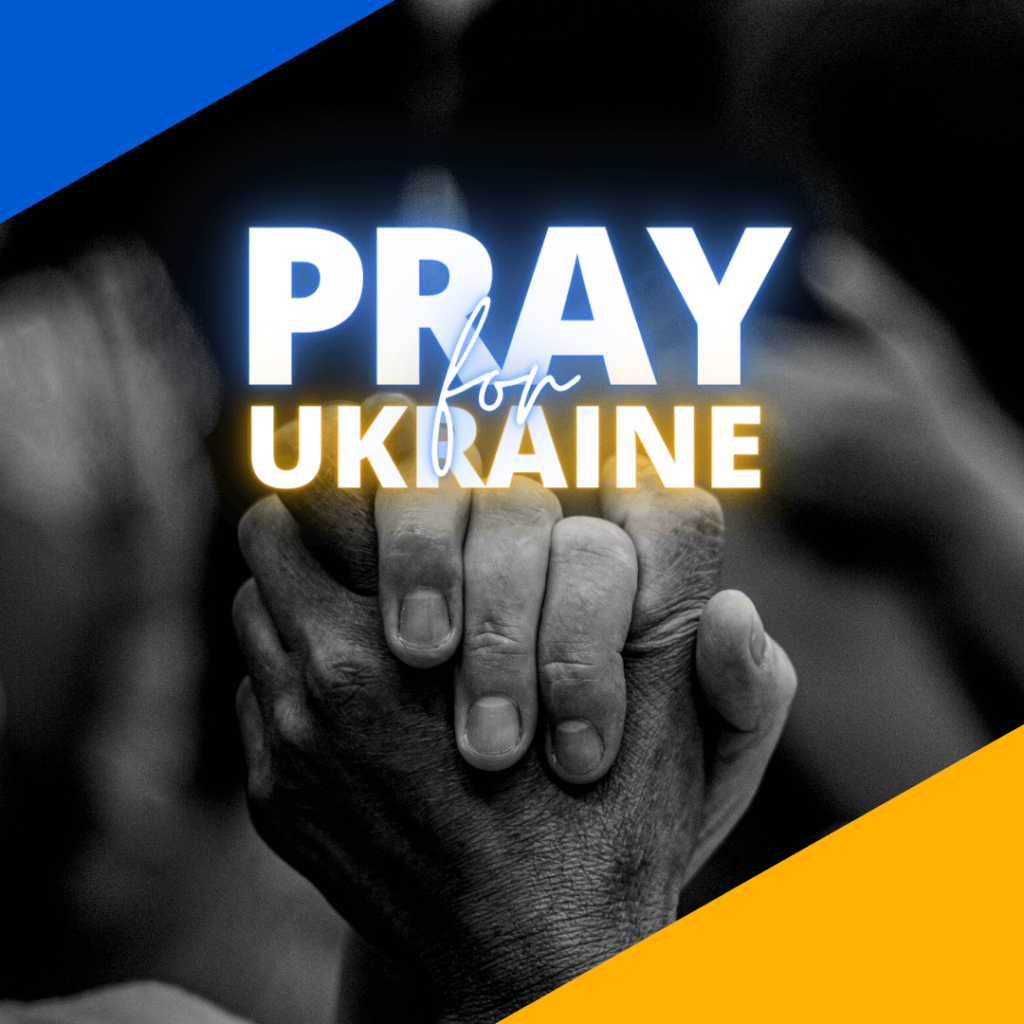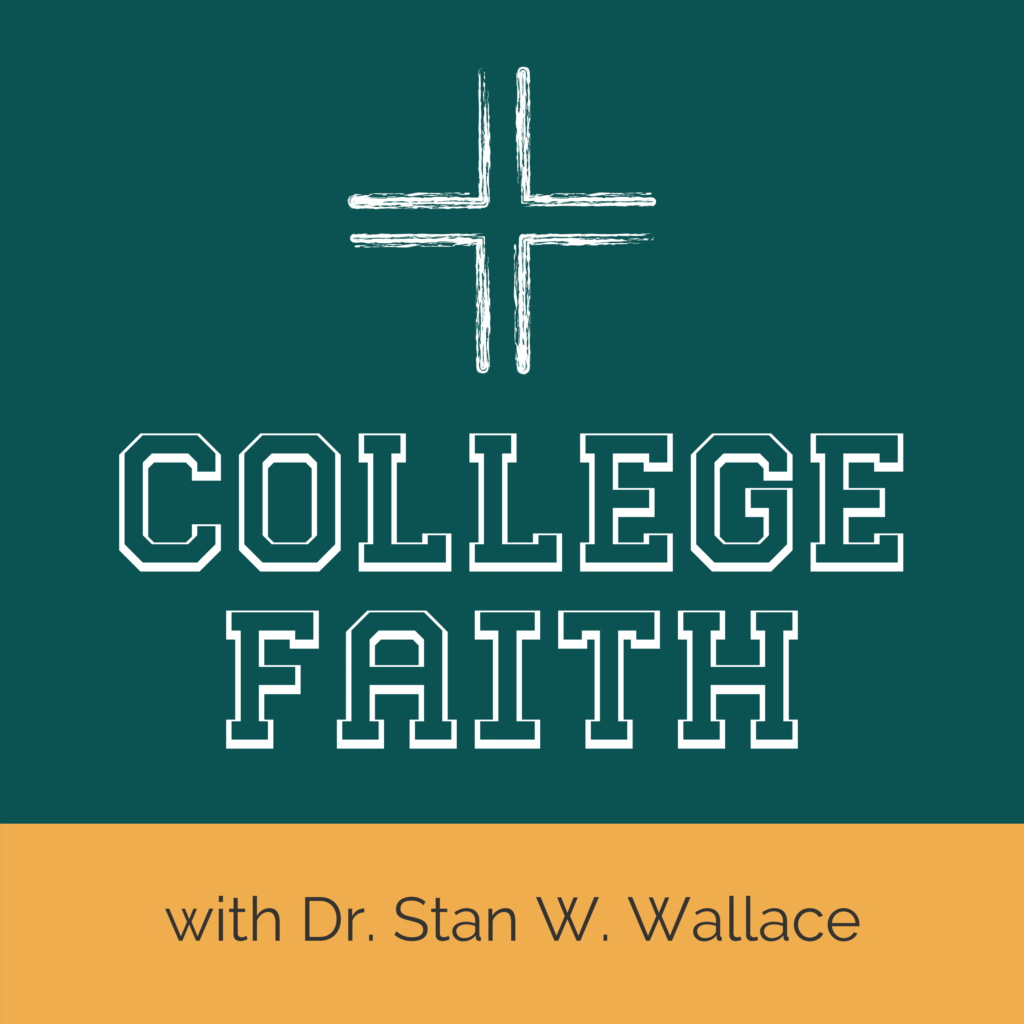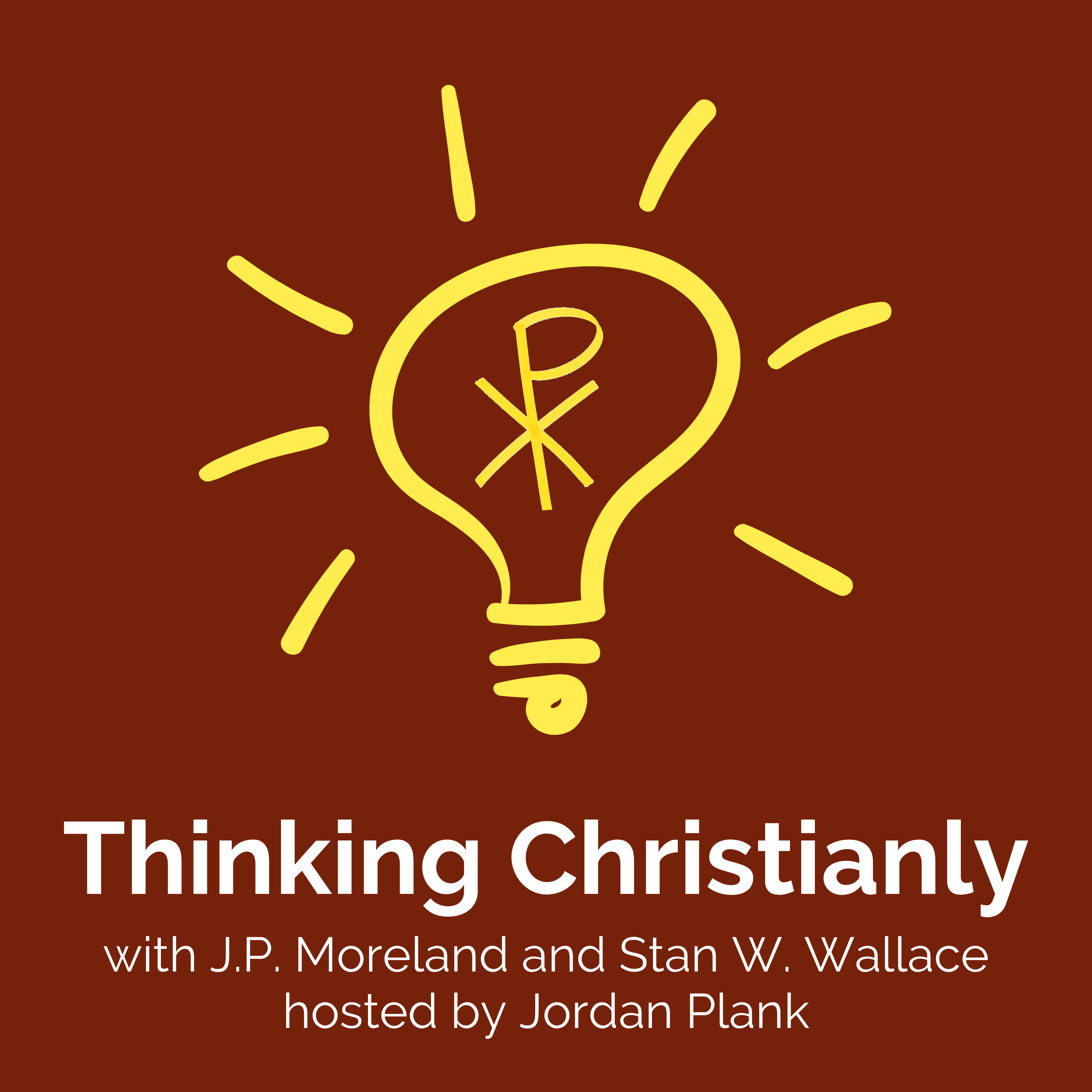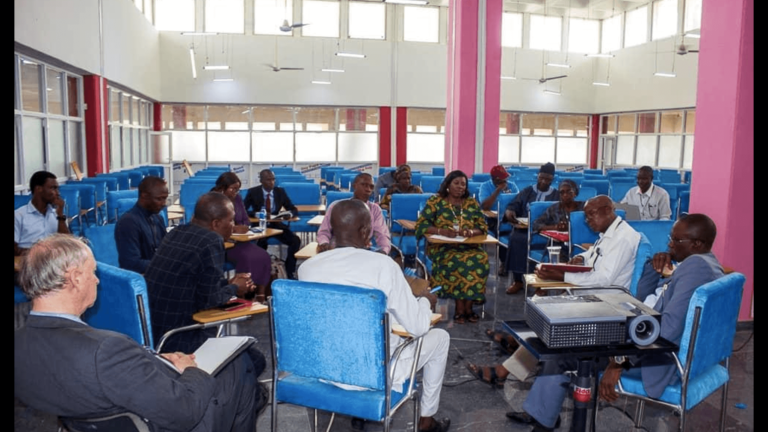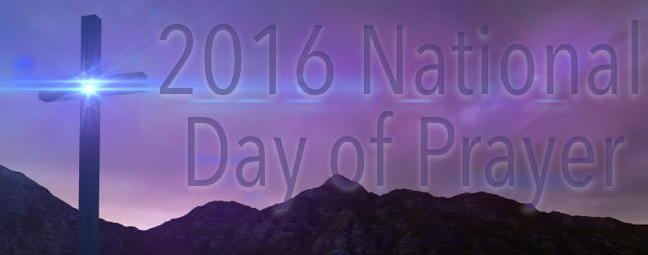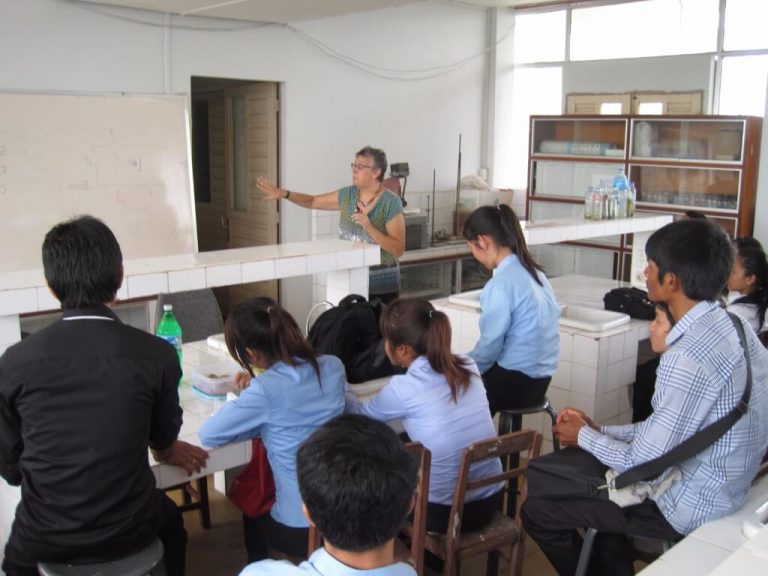The war in Ukraine is at the forefront of our minds. We hear stories of the immediate effect of the bombings, troop movements, etc. We haven’t heard from Christian professors in the Ukraine who are members of the Society of Christian Scholars. But we have heard from some professors in our Fellows program in nearby Lithuania and the Czech Republic. They have shared about the struggles of their Ukrainian and Russian students, and ways in which they are ministering to them…
From Global Scholars Fellow “David,” teaching in Lithuania:
About a quarter of our students come from Ukraine, and many others are from Belarus or Russia. I have taught courses at a seminary in Ukraine, and we maintain close contact with many former students and graduates there (I heard from some of them as recently as Sunday morning that they had heard explosions outside their city). Many Lithuanians have Ukrainian relatives.
Something to keep in mind also is the economic toll that this will take on ordinary Russians due to the costs of war and as sanctions are imposed. Our students from Ukraine and Russia have seen their currencies devalued sharply relative to the Euro due to this war, and some may face food insecurity even here for that reason.
And from Global Scholars Fellow “Stephen,” teaching in the Czech Republic:
Ever since the invasion, I’ve been noticing that both Ukrainian and Russian students have been super-depressed, some too depressed to come to class. It’s been devastating for everyone from the region. They are all worried about their homes–some have families near the border. So this is what I said in class on Monday:
“No one wants this war–not the Ukrainians, not the Russians. The only one who does is a narcissistic dictator who thinks he can take whatever he wants. But don’t hate on the Russians–it’s not their fault.
Look, I know you guys miss home, and you’re worried about your homes. I can’t do much about that except to open my home to you guys from Ukraine and Russia as a place just to get away from your worries for a little bit. So if you’re from Ukraine, Russia, or Belarus, you are invited this Friday at 6:30. No politics will be discussed. Just good food and a movie and a place to chill for a while.”
After class, two students–a Ukrainian and a Russian–said they’d like to come. And then a couple more emailed me (they’re from Uzbekistan or Kazakhstan, but it’s close enough). And another Ukrainian said he’d come. A Russian grad student said she’d try to move her work schedule.
After many months of not being able to open our home, it felt like this was the right time–we can’t just see traumatized students and do nothing. Please pray that it would be a refreshing respite, that they would know they are loved (the Russian-speaking students are receiving a lot of hatred from Czechs at present). I have no agenda for the evening besides making them feel loved, at home, and at peace.
Also, pray for us and our soon-to-be house guests from Ukraine. We have told our church that we have an extra room that can accommodate two people, and refugees from Ukraine are already arriving in the Czech Republic. We haven’t received any news of whom we’ll be hosting, but I have no doubt that in the next week or so we will have new long-term house guests. Please pray for us to be gracious hosts who reflect Christ, and start praying now for our guests, that God would heal the trauma of displacement.
Please join us in praying for the Ukrainian and Russian people. Please pray for David, Stephen and the other professors whom we equip to share the love, truth, and grace of Christ with their students, colleagues, and academic disciplines. And thank you for the crucial role you play in “equip[ping] the saints for the work of ministry, for building up the body of Christ” (Ephesians 4:12).
In my March episode of the College Faith podcast, I continue my series on campus ministries. My guest is Ben Nugent, the National Director of the The Navigator’s campus ministry.
As we watch the invasion of Ukraine in horror, we wonder what could possess Putin to use force so ruthlessly and indiscriminately. At least part of the answer lies in a philosophy of life that runs back through many other despots and finds it roots in the writings on Nietzsche.
In a recent episode of the Thinking Christianly podcast, JP Moreland and I discuss how pervasive the philosophy of Nihilism has come to be in shaping our daily lives, from the individual to the global level.
